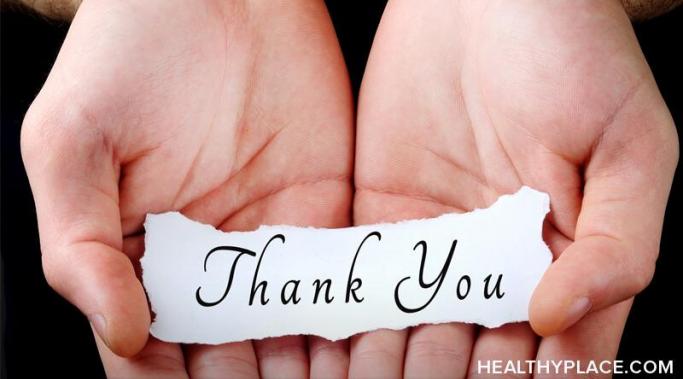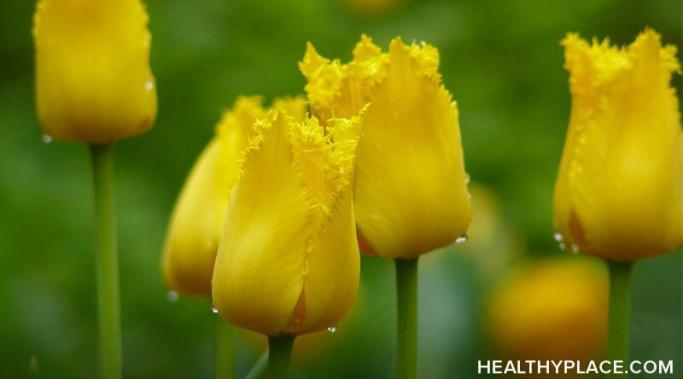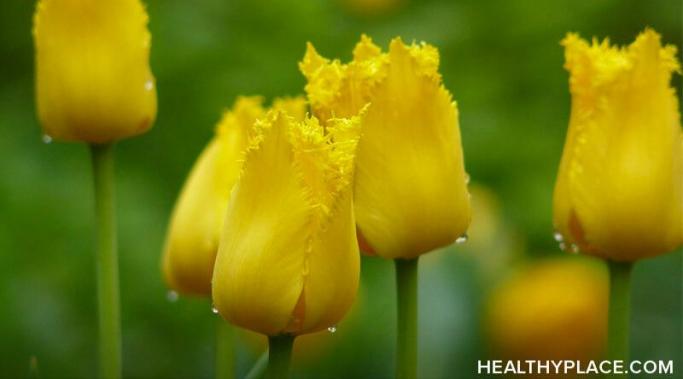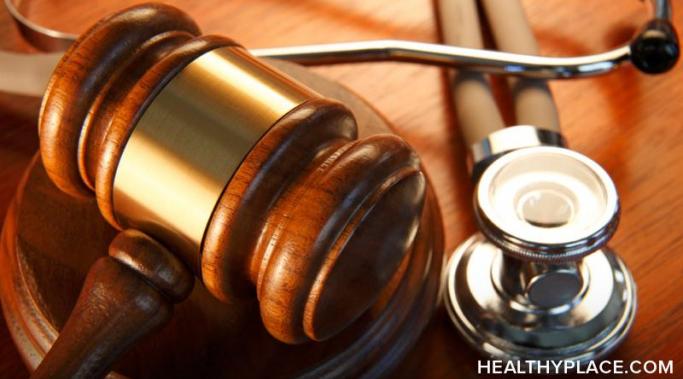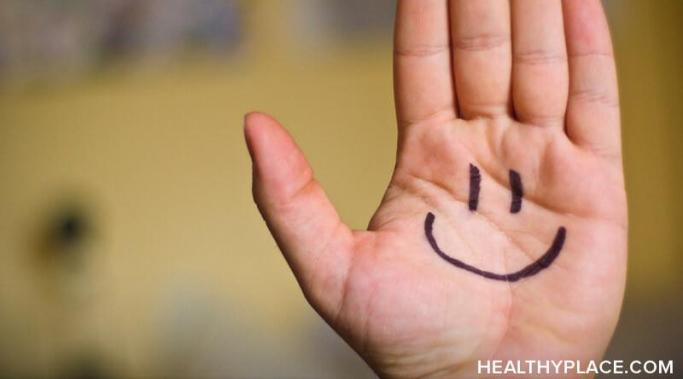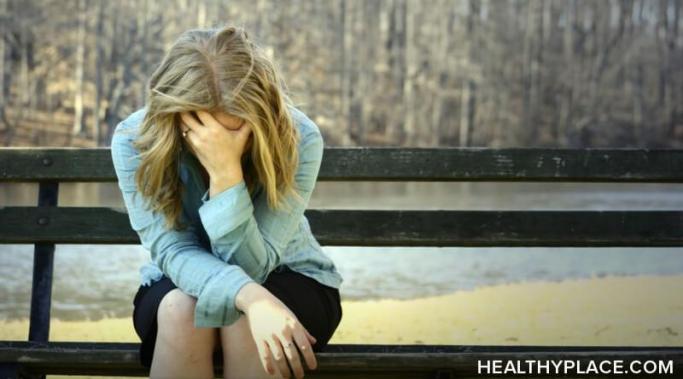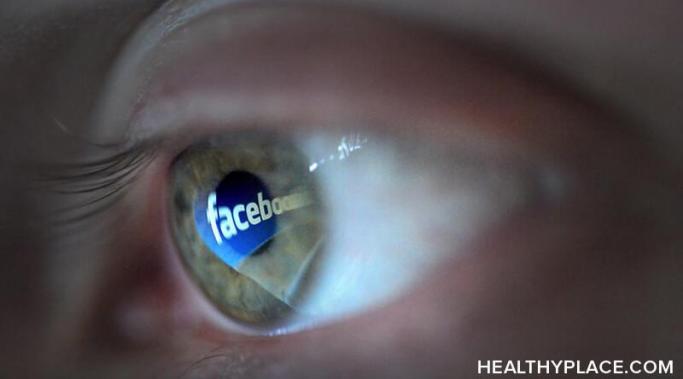I've always struggled with saying hello and goodbye -- neither comes naturally to me. Another is publicly talking about myself and sharing experiences about my recovery. So, writing at the Debunking Addiction Blog for HealthyPlace has been firmly outside my comfort zone, which is not bad -- recovery should involve challenges and moving away from familiarity. However, aspects of fearlessly discussing my alcoholism online come at the cost of increased anxiety or uneasiness.
Addiction Recovery
Saying goodbye is not something I enjoy. It is something I typically avoid. Writing a goodbye letter to a space that gave me a voice makes me feel gutted and afraid. One of my favorite writers says, "People and opportunities come into our lives for a reason, a season, or a lifetime." Writing "Debunking Addiction" happened during a season when I didn't have adequate support on my sobriety journey. I needed a space to openly and honestly communicate my experiences as an alcohol-free human living in an alcohol-obsessed culture.
Foreboding joy is a concept I discovered recently. In her latest book, "Atlas of the Heart," Brene Brown describes 87 emotions that humans experience. While I could recognize and identify times when I felt most of the feelings she listed, foreboding joy was difficult to understand. Why do I run away and catastrophize when things are going well?
Depression and alcohol have always been interconnected throughout my life. I always felt that I avoided dealing with my mental health issues because it would end the illusion that I was a heavy drinker but not an alcoholic. In addition to questioning whether I was an alcoholic, another subject arose -- Is drinking every day causing my depression, or is my depression the driving force behind it all?
Have you ever wondered about repeat offenders? It is not uncommon to hear about folks who get in legal trouble for using drugs or alcohol, and instead of remaining sober, they go back out and use again. It is difficult to understand how someone can keep engaging in the same behavior after losing everything. Repeat offenders are often called selfish and ungrateful. But what if the opposite is true? What if repeat offenders need compassion just like everyone else?
There is a bridge from alcoholism to recovery. I could best describe my active alcoholism as a series of flaming dumpster fires and broken, smoldering bridges. Conversely, my recovery is more about building new bridges and slowly dusting off the debris from the burned ones from my past. For me, regular self-evaluation helps me pinpoint my mental health status. I do this because better mental health bridges the gap between my recovery and alcoholism.
I'm coping with grief in sobriety. Years before I got sober, I sat in church basements and listened to folks talk about the pink cloud. They claimed that by removing alcohol and other substances from their lives, they suddenly viewed the world through rose-colored glasses. The pink cloud of sobriety is supposed to feel euphoric and sparkly. But for me, the opposite was true. If anything, sobriety has been a grief journey accompanied by a rollercoaster of intense emotions.
Recovery from addiction includes fear of the unknown, which creates skewed internal messaging. Challenging these feelings for validity is the best way to uncover their reason. After the haze of alcohol disappears, we face many complicated emotions, and our pesky brain will try to regress into old thinking. This skews whether these assumptions are valid -- all it takes is some self-evaluation to sort out which fears in recovery are false.
Shame can trap people in a cycle of alcoholism and addiction. Often, this becomes a skewed internal dialogue where the sense of shame exceeds the inciting event. An example would be someone isolating themselves from their family or friends after a potentially embarrassing episode whilst drinking. Rather than suppressing shame or guilt, I believe that exposure by self-evaluation and reflection is the best way to avoid the cycle that links shame and alcoholism.
Social media addiction is real. The definition of addiction is a complex psycho-physiological process manifested in any behavior in which a person finds pleasure and relief and therefore craves but suffers consequences without being able to give it up. Typically, addiction is associated with drugs, gambling, or shopping. But recently, after years of scrolling Instagram before getting out of bed, I couldn't help but wonder how many other people do the same thing. How many of us meet the criteria for social media addiction?
